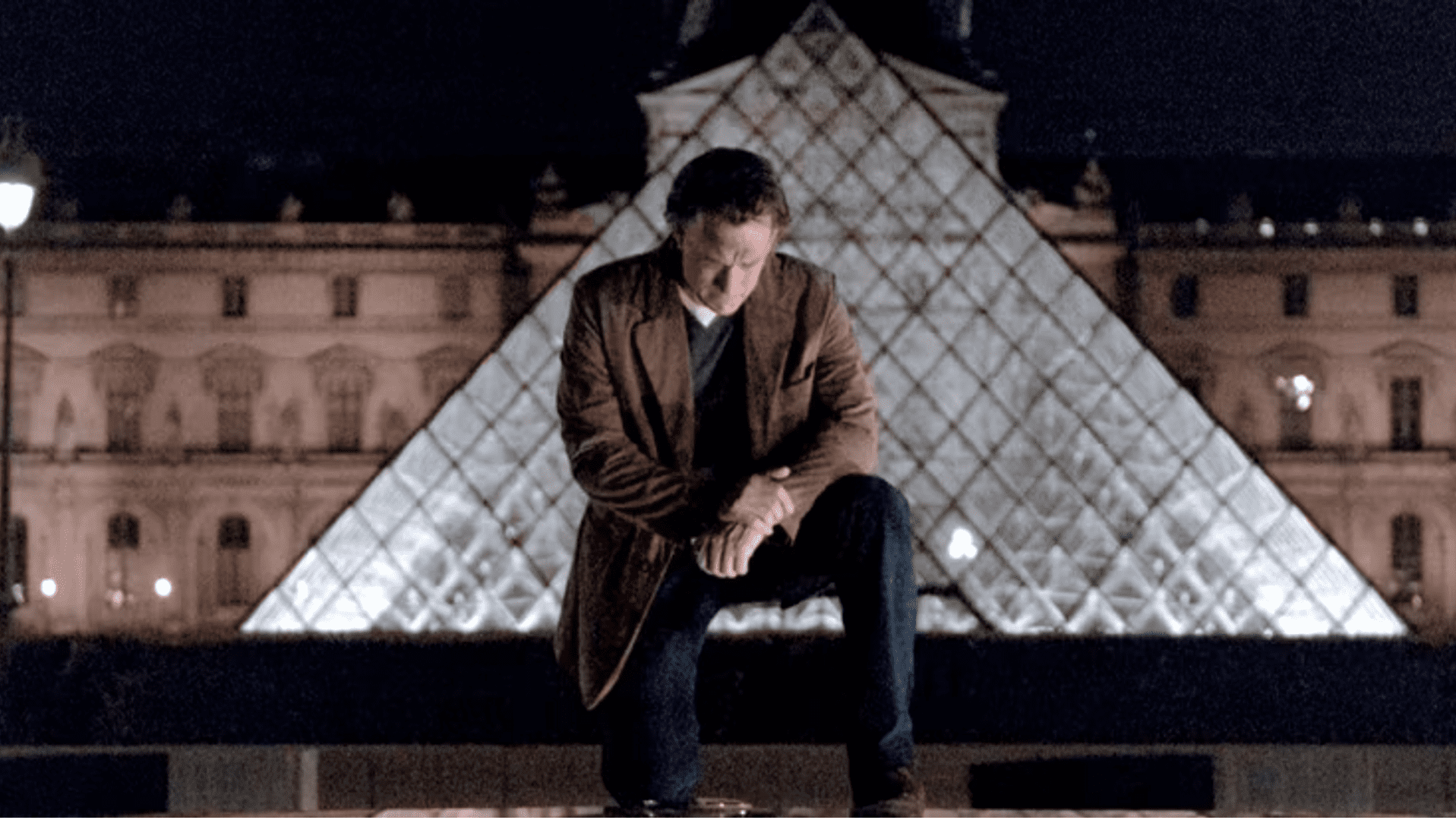15.08.2024
Unpopular opinion: The future of chivalry
What is the future of chivalry in a world that prizes independence, equality, and progress over tradition?

By Raja Izz
Robert Langdon kneels in front of the Louvre in The Da Vinci Code movie (credit: Sony Pictures)

